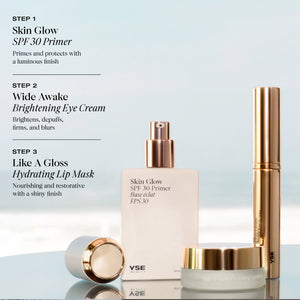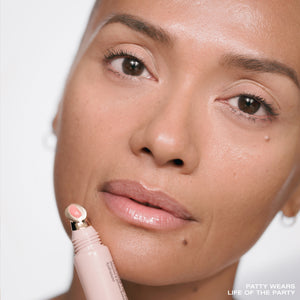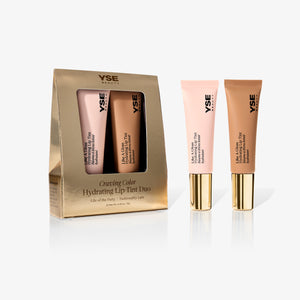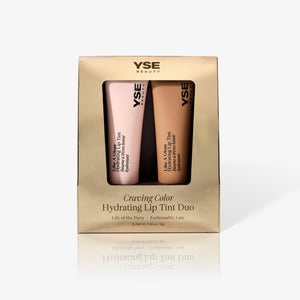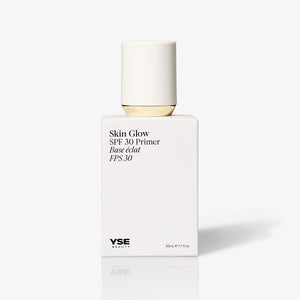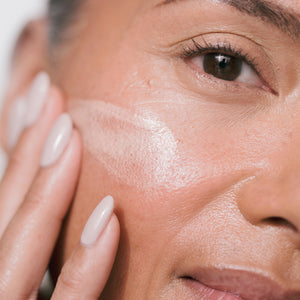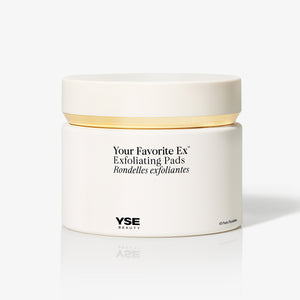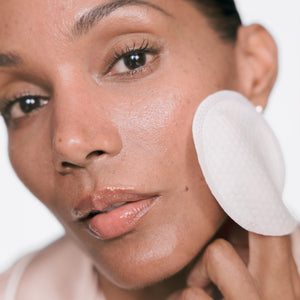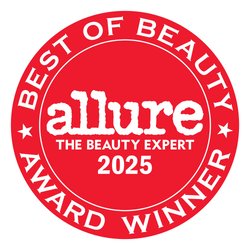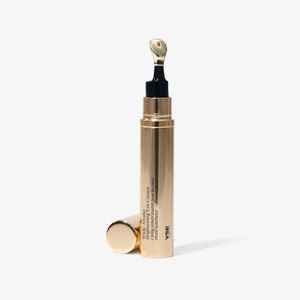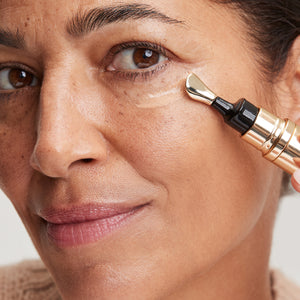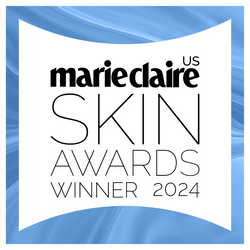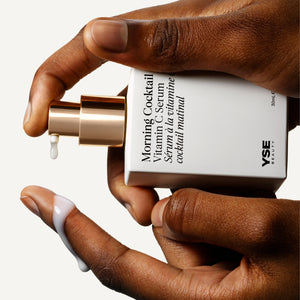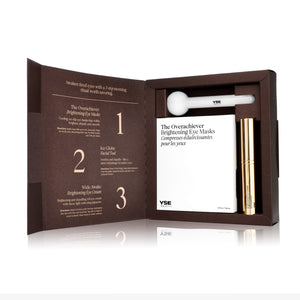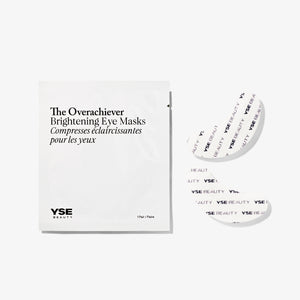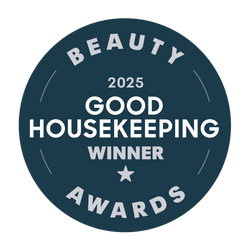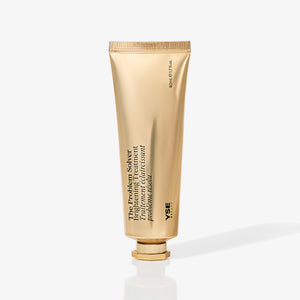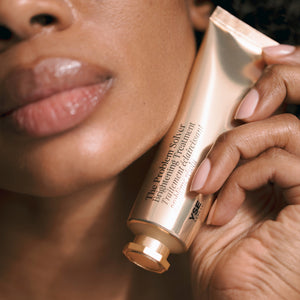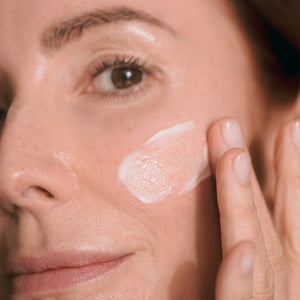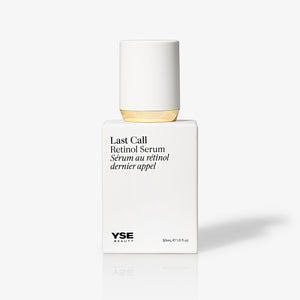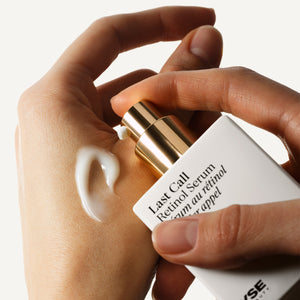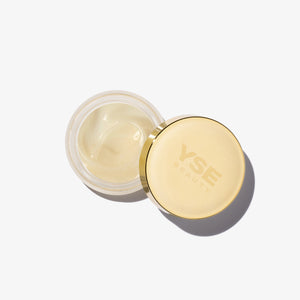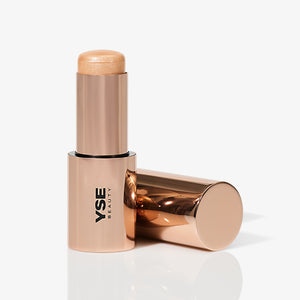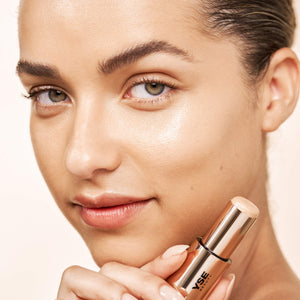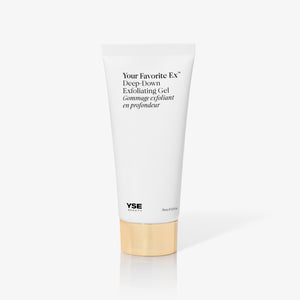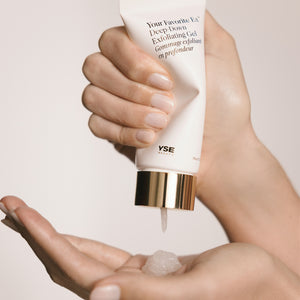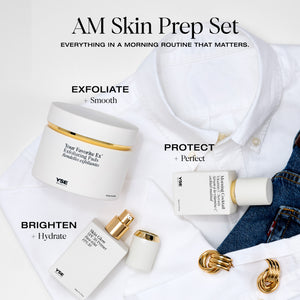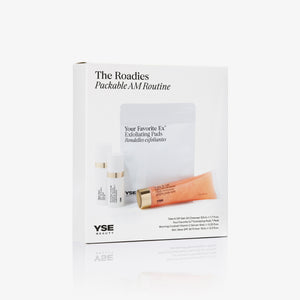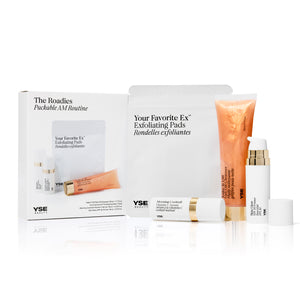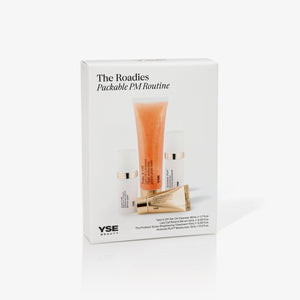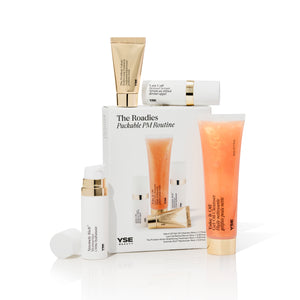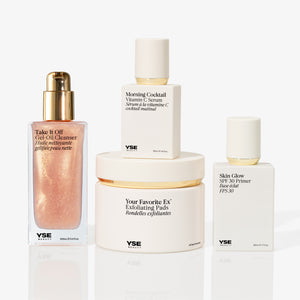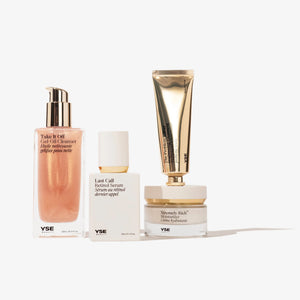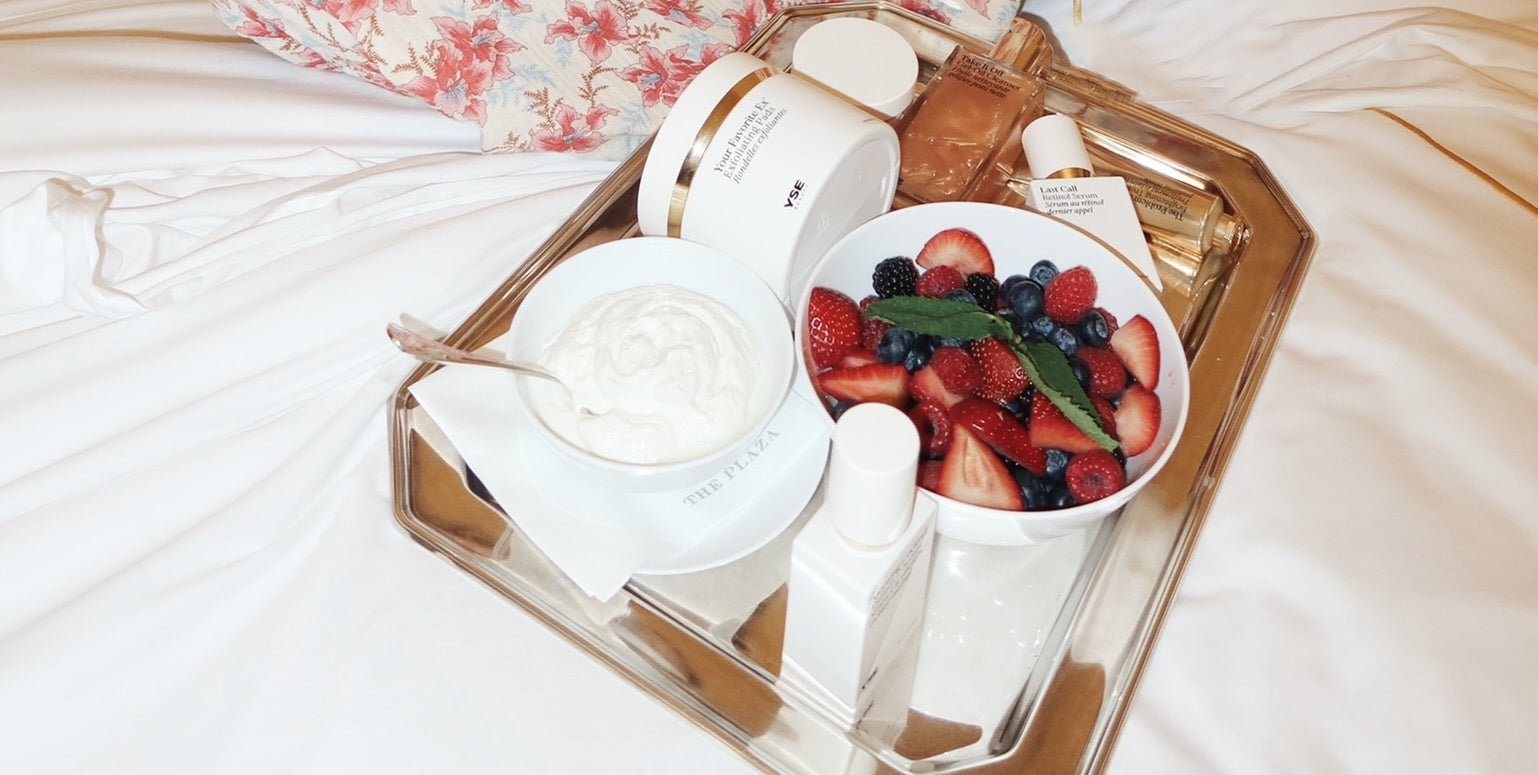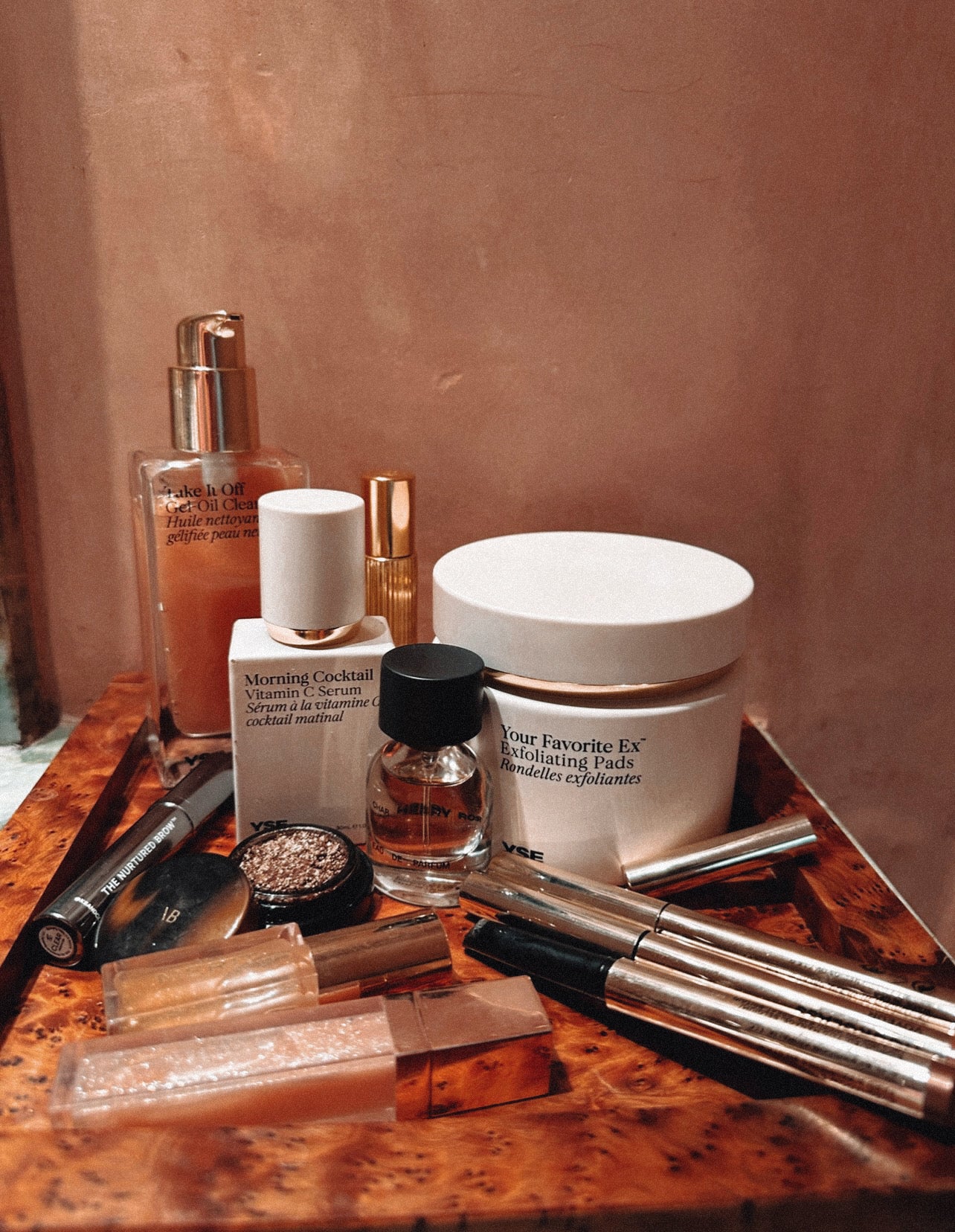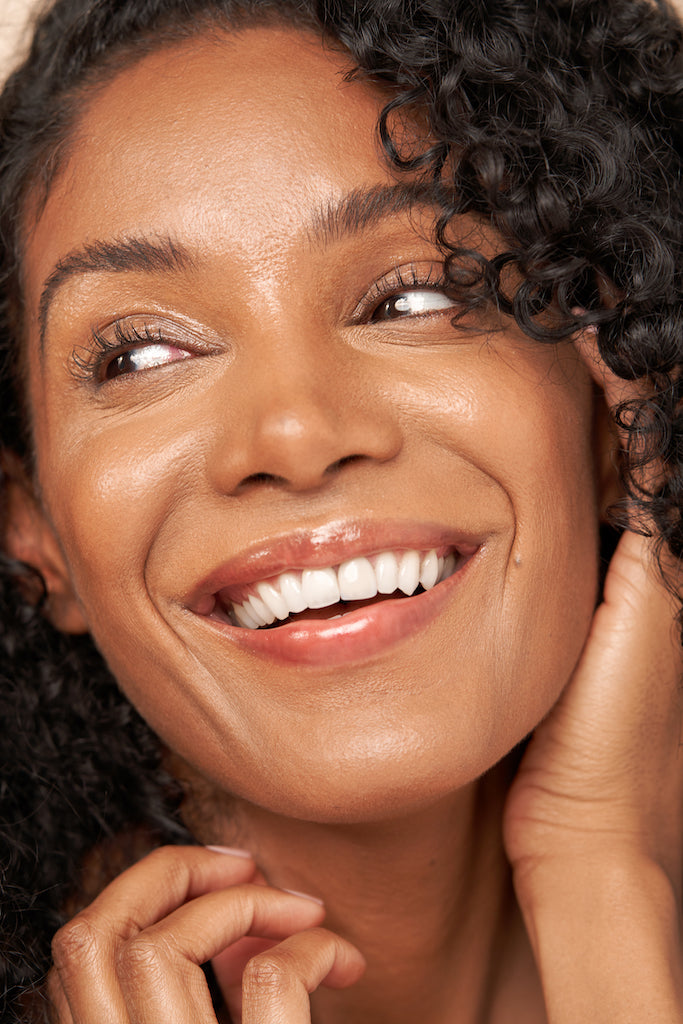What Causes Sun Damage?
Whether you hit the tanning beds in your teens or you’ve spent extra time sunbathing, you’ve probably heard about the effects of ultraviolet radiation emitted from the sun over the years.
While the sun does provide Vitamin D to enhance our skin tone, improve mood and help with bone development, UV rays can also cause negative effects, if you don’t protect your skin. Sun damage occurs from being overexposed to the UV rays at any one time, as well as cumulative exposure to unprotected skin on a daily basis. Sun damage doesn’t always refer to the nasty burn you got after falling asleep on the sand —it can go as far back to your childhood when you were running around playing sports without sunblock. This can result in what experts call “premature aging,” on the skin, which can lead to potential harmful skin cancers, like Melanoma.
We know from extensive research that the sun damages all structures of the skin, and is capable of causing skin cancer, even if you don’t get a burn. The inflammation caused by sun damage happens every day, and it starts within the first minute you expose your skin to daylight without protection. Unless you get a sunburn, you don’t actually see or feel any of this damage happening, but it can, and most likely will, show itself in various forms in the future.
How To Prevent Sun Damage
Unless you lock yourself away in a dungeon, sun exposure is inevitable. Even driving in your car with the windows up, your skin can still be affected. That said, there are different ways you can protect yourself from harmful UV rays and prevent sun damage to your skin.





























